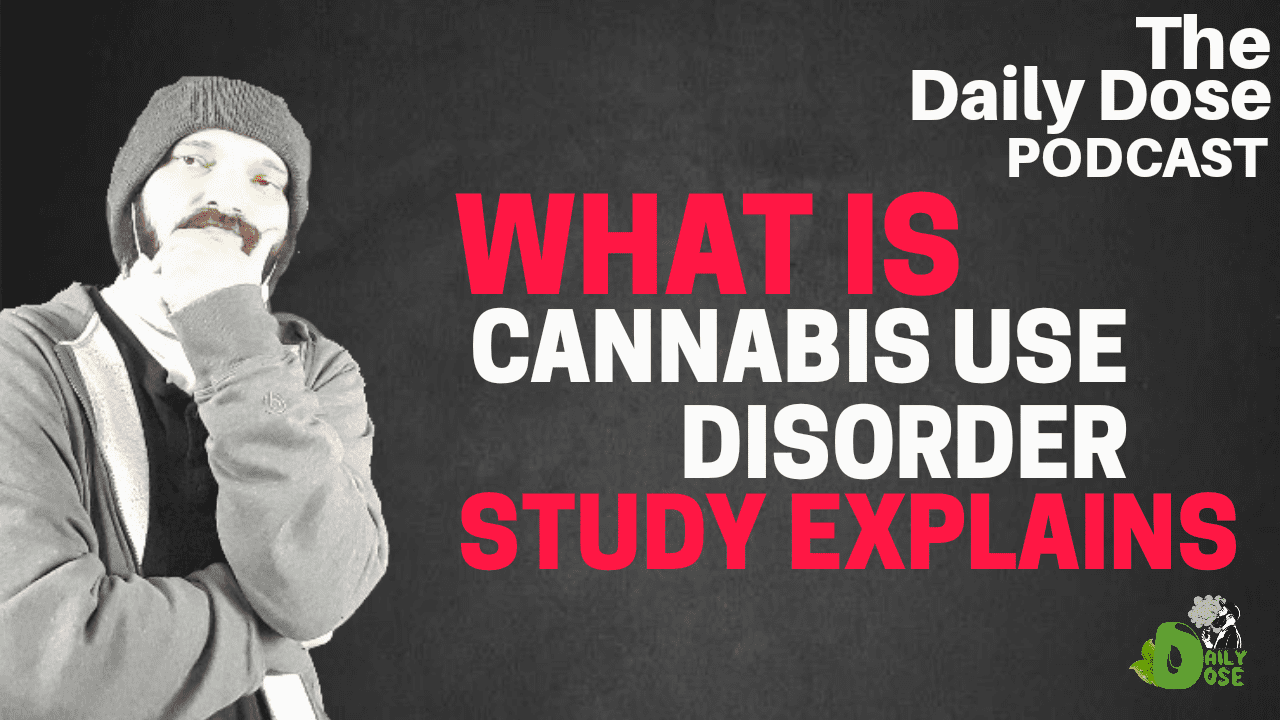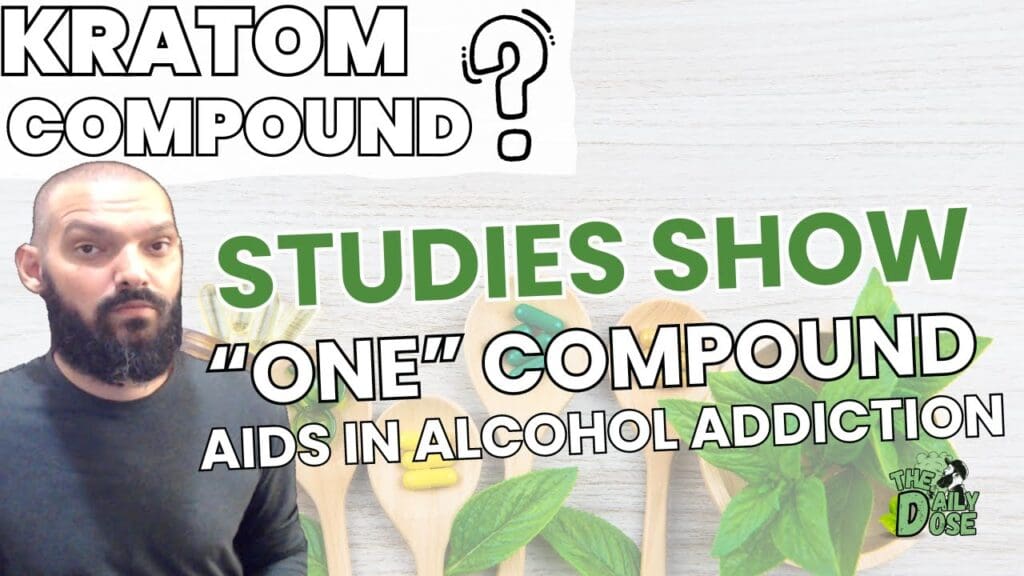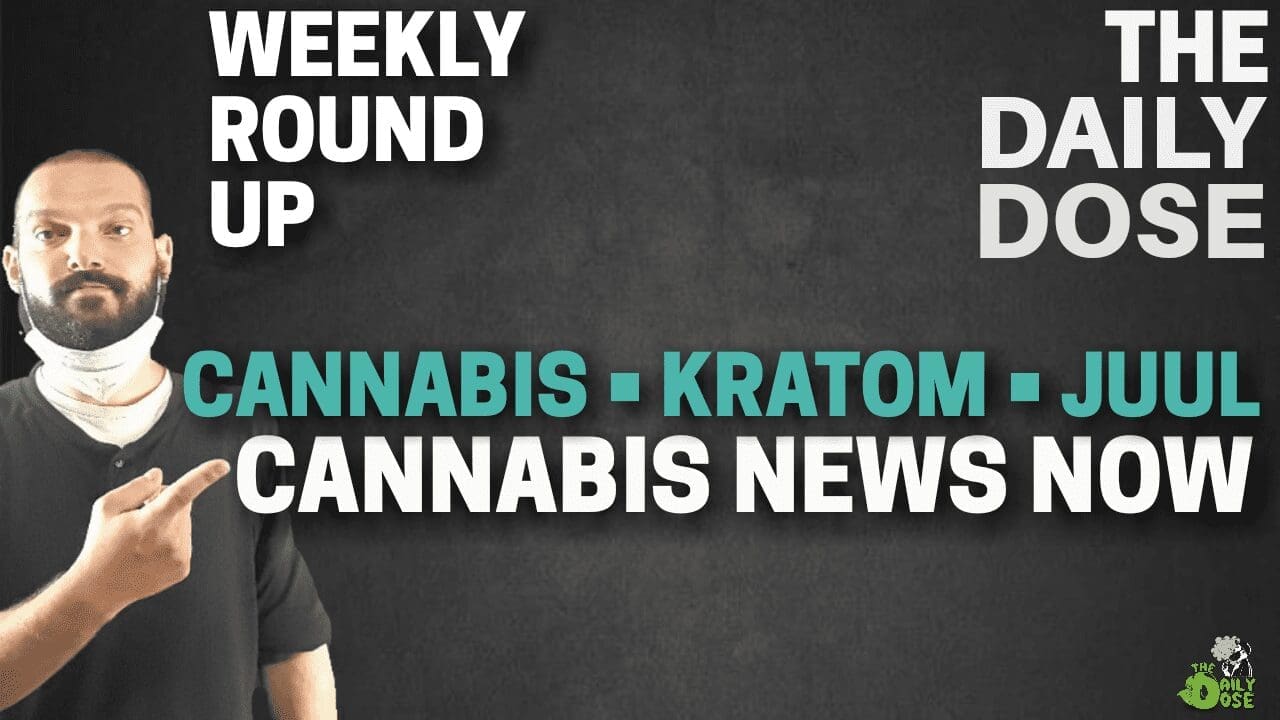To listen to the full episode checkout The Daily Dose Podcast Audio
Cannabis Use Disorder Who Has It And How It Works
Introduction
Today’s news feed provided this study on cannabis users for medicine and it’s revealed us of the term cannabis use disorder, the article outlines data from 2021 and shows us a few details relating to those suffering from it and why.
Many people use cannabis for different reasons, under the medical laws as the article notes the cannabis doctors are eager to write scripts for almost any condition from depression to anxiety you name it. It’s not to say people don’t actually need it for the claims or symptoms they struggle with but it is to show that often times people seeking out medicinal cannabis do not actually get the relief they seek, this idea shared by the study provided by CNN is likely only looking at a small test group of individuals.
The reality is that cannabis for medicine is common has been for a long time, people do find relief from it’s use and are able to improve their quality of life in some manner. The over use of cannabis as the article suggests that leads to cannabis use disfunction requires more study as individual use cases may show vast differences between the behavior of users day in and day out.
Among those suffering from bipolar disease or depression the number of users of cannabis showed these individuals are at higher risk of self harm or suicide.
Cannabis, commonly known as marijuana, has undergone a significant shift in societal perceptions and legal status in recent years. However, alongside its changing status, concerns have arisen regarding the potential for cannabis use to develop into a problematic pattern known as (CUD).
This comprehensive review aims to delve into the intricate details of Cannabis Use Disorder, from its definition and diagnostic criteria to its impact on physical and mental health, causes, risk factors, treatment options, prevention strategies, and more. By exploring these facets, we hope to provide a well-rounded understanding of the complexities surrounding CUD.
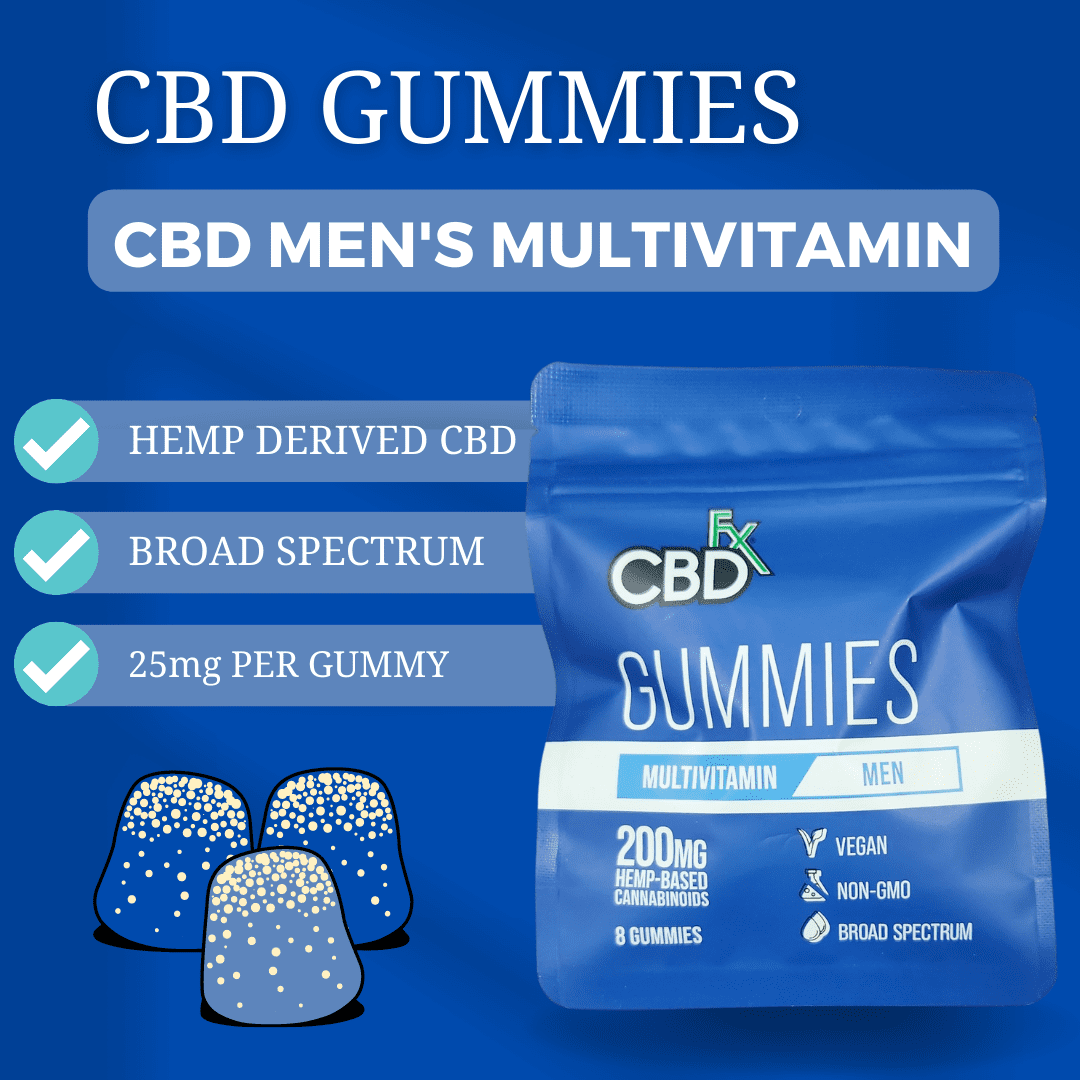
Understanding Cannabis Use Disorder
CUD: Definition and Diagnostic Criteria of this Disorder is characterized by a problematic pattern of cannabis use leading to clinically significant impairment or distress. The Diagnostic and Statistical Manual of Mental Disorders (DSM-5) outlines specific criteria to diagnose CUD, including factors such as impaired control, social impairment, risky use, and pharmacological criteria.
Prevalence and Risk Factors: The prevalence of CUD has seen an uptick due to changing legal landscapes. Factors such as easy accessibility, peer influence, and the perception of reduced harm contribute to its development. Certain risk factors, like genetic predisposition and early initiation of cannabis use, can increase susceptibility to CUD.
Neurobiological Mechanisms: Cannabis exerts its effects on the brain through the endocannabinoid system, impacting regions involved in reward, motivation, and decision-making. The interplay between THC (tetrahydrocannabinol) and CBD (cannabidiol) compounds further influences the potential development of CUD.
Signs and Symptoms
Mild, Moderate, and Severe Presentation CUD is categorized into mild, moderate, or severe presentations based on the number of diagnostic criteria met. Symptoms may include unsuccessful attempts to cut down use, neglect of important activities due to cannabis use, and increased tolerance.
Co-occurring Mental Health Disorders CUD often coexists with other mental health disorders like anxiety, depression, and schizophrenia. Untangling the relationship between these disorders is crucial for effective treatment planning.
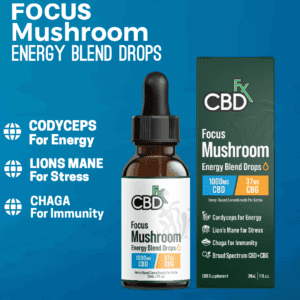
Impact on Physical and Mental Health
Cognitive Effects Chronic cannabis use can lead to cognitive impairments, particularly in areas of attention, memory, and executive functioning. These deficits may persist even after abstinence.
Respiratory Health Smoking cannabis poses respiratory risks akin to tobacco smoke, potentially causing chronic bronchitis and other respiratory issues.
Psychiatric Implications While cannabis is sometimes used to alleviate psychiatric symptoms, heavy and prolonged use can exacerbate anxiety and mood disorders. The interplay between cannabis and mental health is intricate and warrants careful examination.
Causes and Risk Factors
Genetics Genetic factors play a role in an individual’s vulnerability to CUD. Certain genetic markers may influence the likelihood of developing the disorder.
Environmental Factors Social environment, peer influence, and exposure to cannabis advertising contribute to the initiation and maintenance of cannabis use.
Developmental Stage Adolescents are particularly vulnerable due to ongoing brain development. Early and heavy cannabis use during this period can disrupt neurodevelopmental processes.

Treatment Options
Behavioral Therapies Therapeutic interventions like Cognitive-Behavioral Therapy (CBT) help individuals develop coping mechanisms and address triggers that contribute to cannabis use.
Pharmacological Interventions Medications, such as those targeting withdrawal symptoms and cravings, can be useful in conjunction with behavioral therapies.
Cognitive-Behavioral Therapy (CBT) CBT equips individuals with skills to identify and change maladaptive thought patterns and behaviors associated with cannabis use.
Prevention Strategies
Early Intervention Programs Targeting at-risk populations, especially during adolescence, with educational programs and counseling can curb the development of CUD.
Education and Awareness Public awareness campaigns can dispel myths surrounding cannabis use, focusing on its potential risks and consequences.
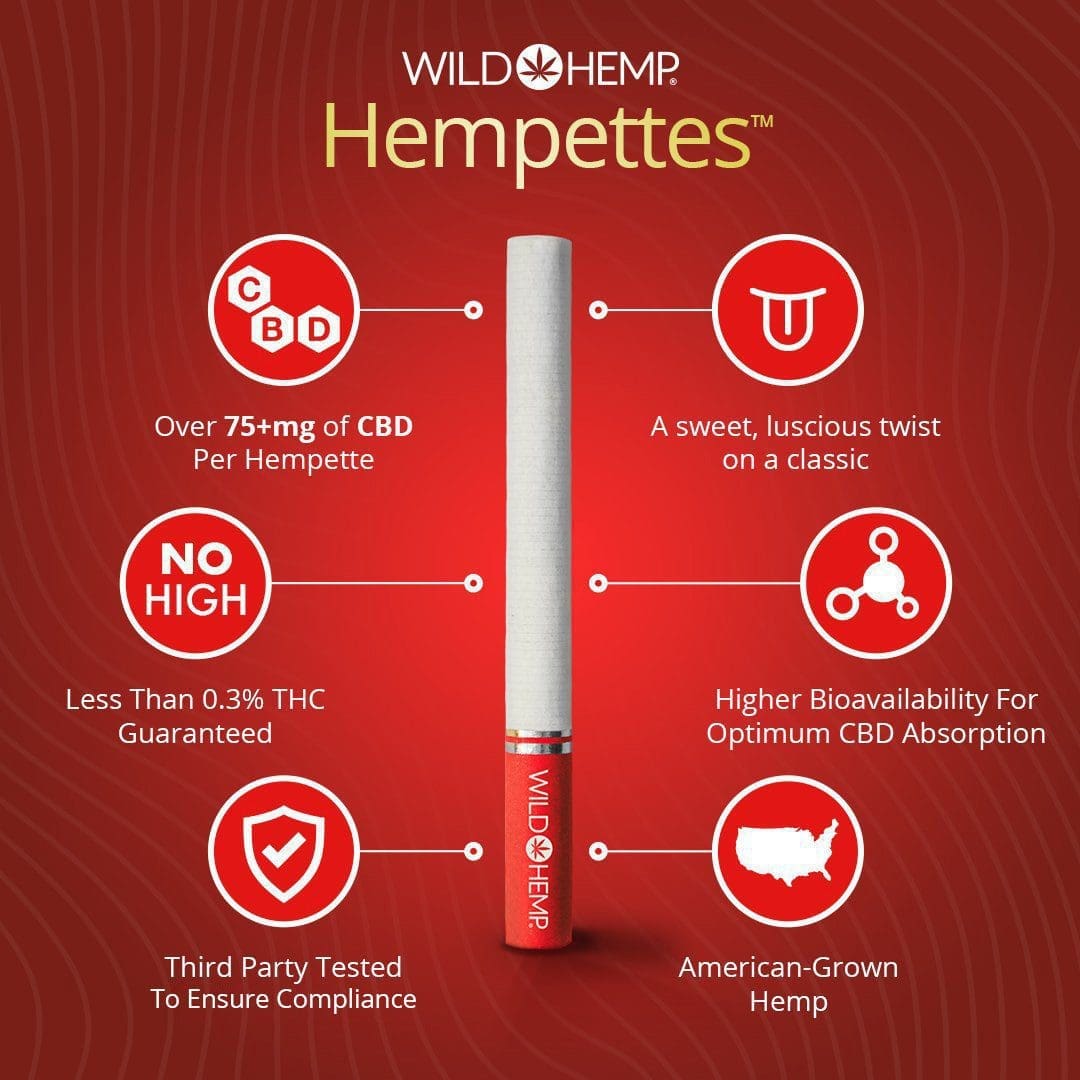
Conclusion
Navigating the realm of Cannabis Use Disorder requires a multifaceted understanding of its definition, symptoms, impacts, causes, and treatment avenues. As societal attitudes continue to evolve, comprehensive education, early intervention, and evidence-based treatments are paramount in addressing this growing concern.
FAQs
Is cannabis use always a precursor to (CUD)?
Can CUD be treated effectively?
Can occasional cannabis use lead to CUD?
Is cannabis a gateway drug to other substances?
Are there differences between medical and recreational cannabis use?
Related Articles:
- Cannabis Legalization And Substance Use Patterns
- Cannabis Threat Visa’s Warning Shot News
- The Cannabis Opioid Conundrum: Facts Now
- Trend of Cannabinoid Use New Insights
- What Is Delta 8 THC
Meet The Author


